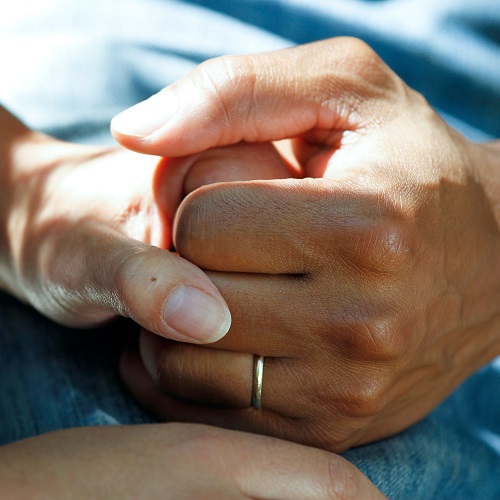Whether because of old age or a health condition, it is a sad reality that our loved ones will eventually pass away. As they get closer to the end, it may be necessary to arrange end-of-life care to ease the burden on your loved one and other members of the family.
To help you understand what is involved in end-of-life care, we have created this quick guide.
Preparing for End-of-Life
Losing a loved one is never an easy experience. However, it can be equally distressing beforehand. This makes it a difficult experience for everyone involved. Sometimes health can deteriorate rapidly, other times it may be slower. Sometimes we know the reason, such as a terminal illness, and on other occasions it can happen without an obvious reason.
Once it becomes clear that someone is approaching their final days, it can be hard to accept. Unfortunately, we are rarely given the luxury of time, as there are arrangements that must be made. Your loved one may want to make final adjustments to their will – or write one if they haven’t already – or have financial affairs to put in order.
Organising these matters can leave you with little time to see to their wellbeing. This is where end-of-life care may become necessary. However, your loved one may be reluctant to accept outside help.
Benefits of End-of-Life Care
End-of-life care can have advantages for patient and family alike. One of the main benefits is the presence of professionals who can provide tailored care. When we are caring for a loved one, especially if they only have a limited time left, we want to make sure they are as comfortable as possible. A professional end-of-life carer will know how best to accomplish this.
Furthermore, end-of-life care takes a holistic approach. This supports a loved one to find peace in all aspects of their life: spiritual, physical, and psychological. A holistic approach can help to improve your loved one’s overall wellbeing as they approach end-of-life.
But it’s not only the patient who can benefit from end-of-life care. Family members are under less pressure to provide constant care, giving them time to process their loved one’s illness or approaching passing. This time can also give you time to rest, allowing you to provide better quality care when you are needed.
Moreover, end-of-life care can free up time to dedicate to organising your loved one’s affairs. Whilst they are receiving care, you can focus on gathering any necessary paperwork or contacting appropriate sectors. This can help make the load more tolerable, without rushing things when the time eventually comes.
Does My Loved One Need to Leave Home?
End-of-life care can be arranged at home, allowing your loved one to remain in comfortable surroundings. However, some terminal conditions may require that your loved one stays in a hospice for the best quality care.
Alternatively, end-of-life care could be split between the home and a hospice. This allows your loved one to access certain therapies to support their care without permanently leaving their home.
Arranging End-of-Life Care
If your loved one has received a terminal diagnosis, their GP may help arrange for community nurses to attend them at home. This can be provided for free. However, your loved one will require an assessment. If they’ve been diagnosed with a terminal illness, the assessment may be fast-tracked to help provide care sooner.
However, you also have the option of paying for end-of-life care. Going private can be more expensive, but it also provides more control over the care your loved one receives. Not all private care companies provide end-of-life services, so it is important to do thorough research. The more specialised the care they require, the more challenging it may be to find a suitable care provider.
Preparing to Lose a Loved One
Knowing your loved one may not have long left can be a painful experience. However, there are ways to prepare yourself, and support is available. For more information about supporting a loved one through end-of-life, read our What is a Terminal Illness? guide. For a list of organisations who support people with terminal illnesses, visit SupportLine. For bereavement support, the government has provided a list of support and information resources.
Our Mission
Telecare Choice provide personal alarms for elderly, disabled, and vulnerable people so that they can remain safe and secure in their own homes. A personal alarm allows you to request help at the press of a button. When the alarm is activated, our Monitoring Team speak to you through the loudspeaker to find out what support is needed. They then inform emergency contacts and, if necessary, the emergency services.
You can find out more about Telecare Choice alarms by reading our quick guide. Order your Telecare Choice personal alarm today.



